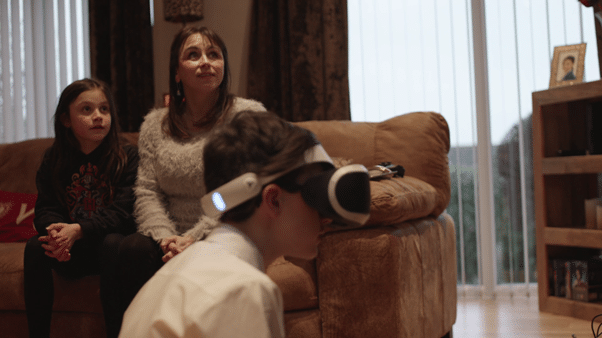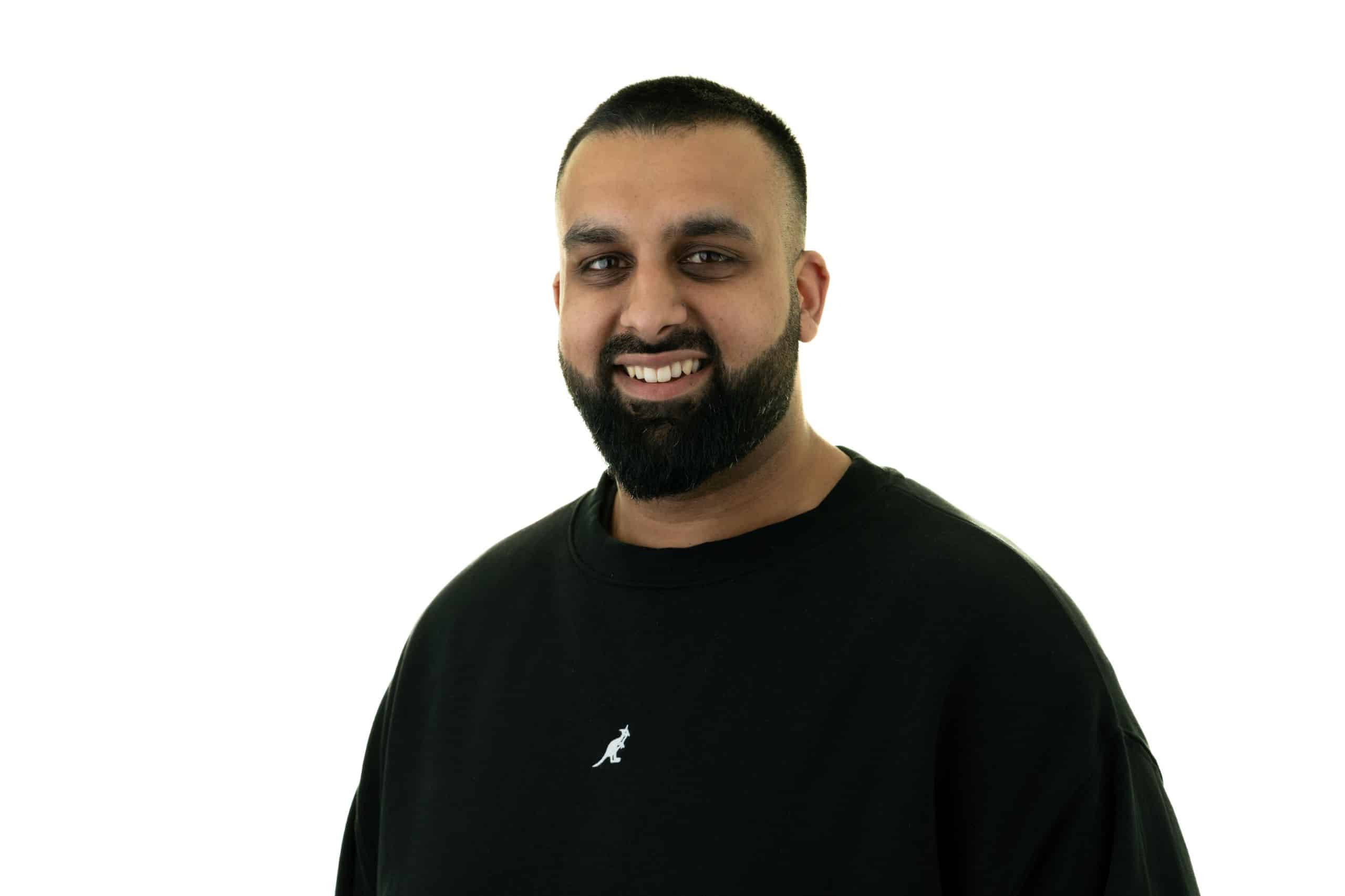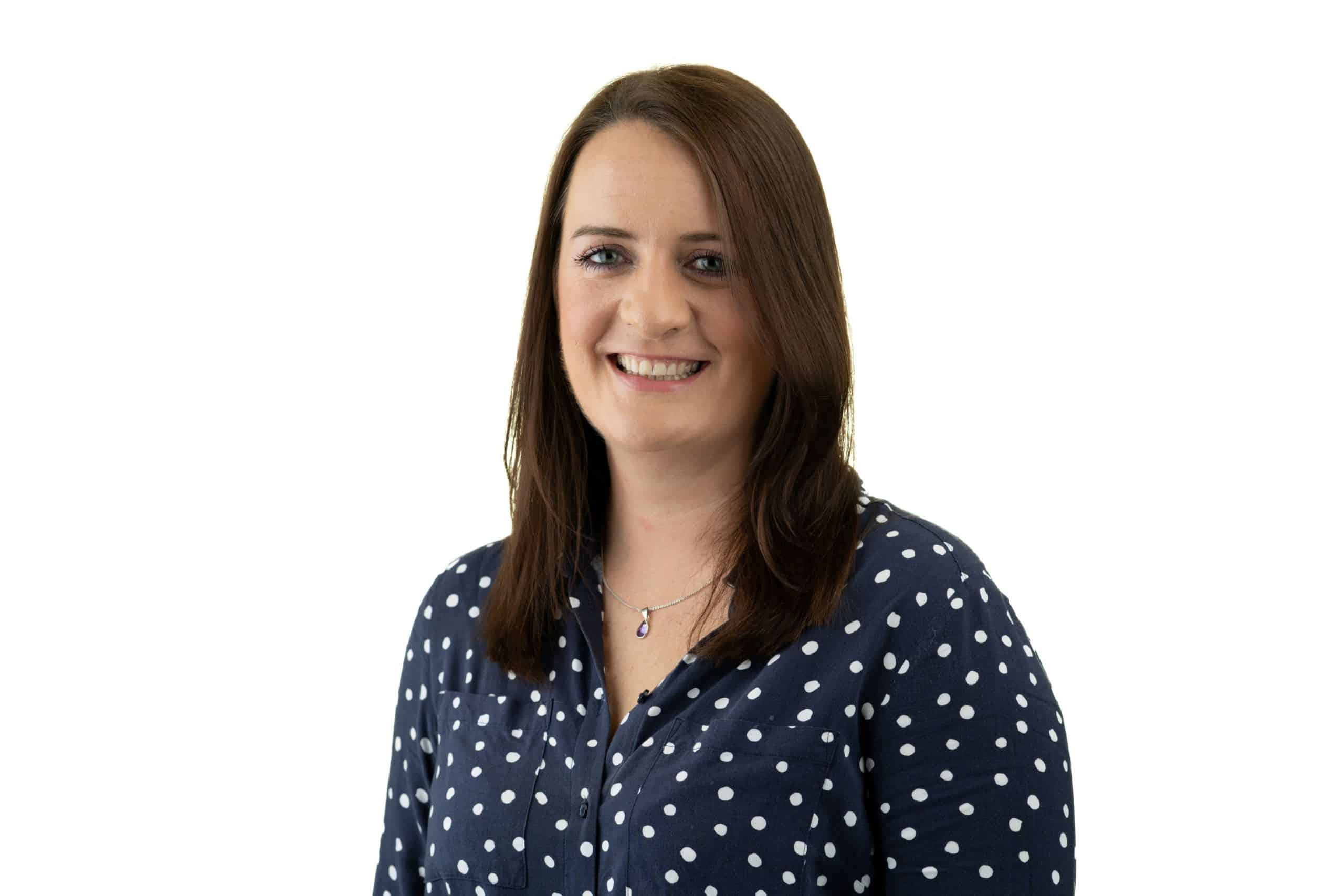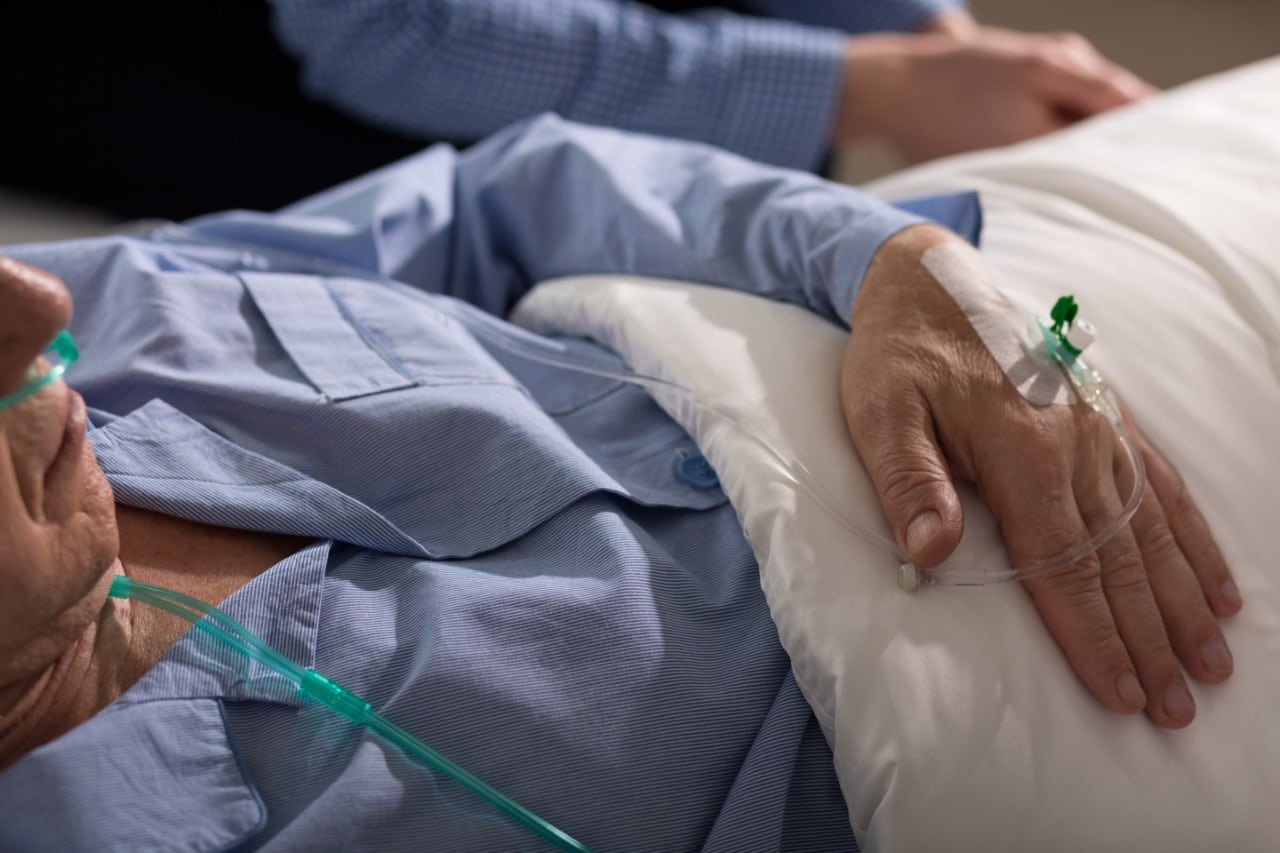
 " alt="">
" alt="">
Hospital negligence claims

Reviewed by
Peter Rigby - Director of Medical Negligence
We've got your Hospital Negligence Claim covered
- No win No fee
- Not just lawyers - real specialists
- No obligation
- UK's highest-rated medical negligence solicitors
Hospital Negligence Claims
Hospitals look after millions of people every year.
The vast majority of patients have positive outcomes and receive a good standard of care. However, there are some who experience medical negligence whilst in hospital resulting in avoidable and life-altering consequences. Every hospital negligence claim differs from patient to patient but, no matter the circumstances, hospital negligence should not happen and you have a right to make a claim.
Making a Hospital Negligence Claim
If a mistake has happened at any time during your hospital treatment, then we are here to guide you through the process of making a claim. If you are not sure you have a reason for a hospital negligence claim, our friendly and understanding team will help you to determine your next steps. It costs nothing to find out if you have a case and we will explain everything, including:
- If you are able to proceed with a hospital negligence claim
- What type of hospital negligence occurred
- The evidence you will need to provide
- How much compensation you could be awarded
Find out if you
have a claim
Take the 10-second claim test
Free Advice
03300 080 352
claim form
We're the highest-rated No Win No Fee medical negligence solicitors on Trustpilot
What is hospital negligence?
Hospital negligence is any kind of substandard care that directly causes harm to a patient and takes place within a hospital. This could be during an emergency situation where you were forced to visit A&E, during scheduled treatment, or when attending specialist appointments. All hospitals have a duty of care to provide the highest possible standard of treatment at all times. When there is a failure in this duty of care, it is medical negligence.
Types of hospital negligence claims
At Patient Claim Line, we work with medical negligence claims every day. The most common issues and hospital negligence claims we handle include:
- Hospital acquired Infections – Around 31 people per day develop an infection as a result of being in hospital, such as MRSA, Clostridium Difficile, and MSSA
- Infection negligence – Often related to surgical errors where there was a failure to sterilise equipment, or cases where there was a failure to isolate patients with serious infections that may spread.
- Delays in treatment or surgery – Certain illnesses require immediate treatment and any delay can lead to tragic outcomes. This includes dangerous infections like sepsis or injuries that could lead to cauda equina syndrome.
- Misdiagnosis – You may have been misdiagnosed during an emergency appointment or at a consultation with a specialist, for example a cancer misdiagnosis
- Amputation – Hospital related amputations can occur when patients were not treated quickly enough or during surgical errors.
- Treatment or medication errors – If you prescribed the wrong course or dose of treatment you may have suffered serious side effects.
- Surgical errors – when something goes wrong during surgery, be that wrong site surgery, a perforation or retained products
- Accident & Emergency – A&E negligence is usually a result of long waiting times and a lack of adequate care.
- Errors of omission – this could include failure to administer antibiotics or thrombo-embolic prophylaxis
Although these are the most common hospital negligence claims we deal with for patients and their families, other situations may arise that create cause for a claim against a hospital.
Failure to monitor a patient
One of the most common cases of hospital negligence that we see is a failure to monitor a patient. As part of a medical professional’s duty of care, an integral part of their duty to all patients is to regularly monitor and assess their condition. When monitoring a patient, professionals should assess any changes and act quickly and precisely if there are significant or telling signs of a reaction to surgery or treatment. Any failure can lead to multiple complications in the near and distant future. Examples of monitoring a patient include but are not limited to:
- Identifying infection after surgery, or hypoglycemia in diabetic patients
- Signs of distress or illness which may help diagnose disease or injury
- Changes to mother or baby’s health during labour
- Changes during surgery to a patient’s condition
- Assessing the patient’s condition immediately after surgery and during recovery
- While they are under anaesthesia
We handled a case for a young woman who developed pressure sores after not being monitored adequately enough during labour. She was able to make a full recovery and the NHS Trust altered their procedures to prevent it happening again.
What can I expect when making a claim for hospital negligence?
Starting the compensation process is easy, following an initial phone call we will talk you through everything we need and what will happen. If your case is successful, you can expect to be awarded compensation that can help you with:
- Payment for ongoing treatment or rehabilitation
- Loss of income
- Necessary medical equipment or outside care
- The impact on your future prospects
- Pain and suffering
Suing the NHS
Bringing a case against a hospital may seem overwhelming given the size of the institution. All trusts are expected to deliver a good standard of care, and those who don’t should be held accountable. As one of the largest and oldest national institutions for medical care, the National Health Service (NHS) plays a significant role in treating millions of patients each year.
Individuals trust the NHS to provide medical care for an array of health needs, including routine screenings, treatments for mild to severe long-term conditions, emergency services and prescriptions. Given the breadth of care services offered at NHS trusts, it is not surprising that things can, and do, go wrong. In addition, with waiting times at hospitals continuing to rise there are now over 4000 excess deaths that could have been avoided. These alarming numbers indicate exactly why NHS Trusts should be held accountable so they can improve and offer better care for every patient in the UK.
Find out if your trust is listed in our local claims guides
Private hospital trusts
You may have chosen to go private with your healthcare, either because of long wait times or wanting a higher standard of care. Unfortunately errors and medical negligence do still occur when undergoing treatment privately. You are able to make a claim against a private healthcare trust for all of the same reasons you could sue the NHS. The process may be slightly different because not all private health care providers work at the hospital where the treatment was carried out. You may need to pursue the individual though thor own insurance or the hospital’s third party insurance. They may also be less likely to admit liability. When agreeing to use private health care you will often sign a contract, it will need to be proven that the terms of this contract were broken and the outcome was not as expected.
Patient Claim Line can help you claim against a private hospital trust and, just as they would with the NHS, our expert solicitors will take care of everything for you.
Why choose Patient Claim Line for your hospital negligence case?
Claims for hospital infections, misdiagnosis and incorrect hospital treatment come to our solicitors each and every day. We deal with around 1 in 10 medical negligence claims made within the UK, which means we have helped clients face the majority of hospital trusts over the years. Our legal team has over 400 years combined experience in fighting and winning hospital negligence claims.
No win no fee hospital negligence claims
At Patient Claim Line, it costs you nothing to find out if you have a case, as we always work on a no win, no fee basis with no upfront costs. If you do not have a case, or if the case is not successful once started, so long as you have worked with us and cooperated, you will walk away without having to pay a penny. That’s our promise to you and your family. Contact us today to see if you have a viable claim for hospital related negligence.
Why Choose Patient Claim Line for your Hospital Negligence Claim?
Not just lawyers — medical negligence experts
Patient Claim Line was established in 2014 and consists of a team of medical lawyers specialising in cancer negligence and general medical negligence claims.
At Patient Claim Line we have more than 100 solicitors with a combined experience of over 400 years and they will work on your behalf to achieve the best result possible for you.
It’s not enough to use a solicitor who sometimes covers medical negligence. You need someone who knows this area through and through. That is what the solicitors here at Patient Claim Line do. They deal exclusively in this area of law and are experts in the field.
Frequently asked questions about Hospital Negligence Claims
Our expert legal team answer your questions about making a Hospital Negligence Claim
To make a claim against a hospital or NHS trust for medical negligence, you should contact a specialist medical negligence lawyer who understands the process and can take you through every step. Choose a no win no fee solicitors to protect you against any financial loss and make claiming hospital negligence stress free.
Hospital negligence is determined by the failure of a medical professional to carry out their duty with adequate care. To prove negligence occurred, it must be shown that the specific time of negligence directly caused the negative impact. This is referred to as the four Ds of negligence; duty, dereliction, damages and direct cause.
If you believe you have experienced medical negligence and suffered from incorrect hospital treatment or misdiagnosis due to a hospital visit, it is in your best interest to speak with a legal specialist as soon as you are able. You must start a legal claim within three years of the incident occurring or when you first recognized you had an injury or illness due to poor quality care. For children who have suffered from medical negligence, the three-year limit does not begin until they’ve turned 18.
There are things that you can do to help prove negligence, such as providing a detailed statement about your experience, asking for witness statements, and noting key dates & medical appointments. It can be very difficult to prove hospital negligence on your own. Often the hospital or medical professionals involved are not willing to admit liability to you or your family members, so it is important to work with a specialist solicitor who can investigate the case for you and source your medical records to investigate further.
Types of hospital negligence you might be entitled to claim for include;
- Incorrect surgery
- Negligent delay in treatment
- Claims relating to pressure sores
- Avoidable amputation
- Failure to monitor fluid levels
Meet our Hospital Negligence Team
Case Study
Sarah's Story
"Now we have peace of mind"
My husband, Nick, went back and forth to the doctors for a long time and tried everything the doctor recommended. But his illness got worse, to the point that he was in agony.
In the end we got so desperate that we asked for a referral. The doctor was reluctant, so we had to consult a private hospital. That’s when we found out there was a tumour. It took years from the onset of his illness to finally start cancer treatment.


He used to be a man with a lot to live for, but in the end he was in so much pain that he withdrew from the family. He became angry that nobody had helped him sooner, and the legal team were able to give him the validation that he was desperately seeking. The NHS confirmed if they had done more, Nick would still be alive today.





